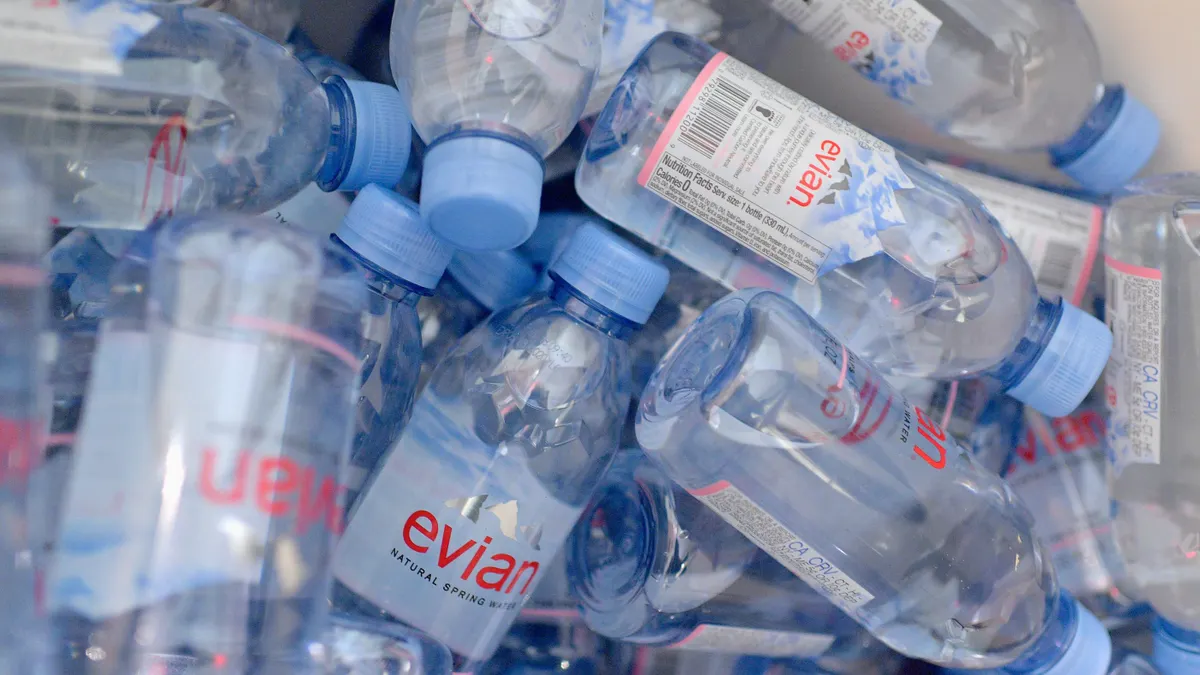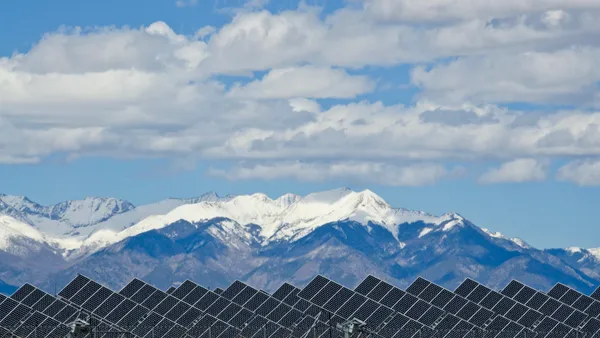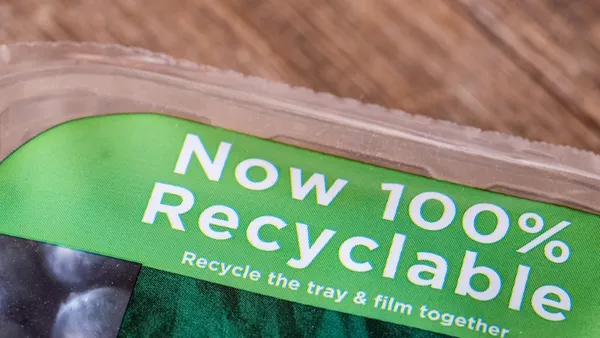Dive Brief:
- Major companies across tech, apparel, beverage, and food — four water-intensive industries — are making progress on water sustainability targets, but “unevenly and not quickly enough,” according to a recent report from environmental nonprofit Ceres.
- Of the 71 companies surveyed by Ceres for its second benchmark analysis on corporate water stewardship practices, only one — Danone — has achieved over 75% progress toward its 2030 sustainability and water conservation goals. Though 48 of the 71 companies improved their scores since 2023, including Danone, Ceres said progress is not happening “at the scale needed to meet escalating water challenges,” the report said.
- Only 14 companies — including LVMH, Unilever, Microsoft and PepsiCo — are considered to be “on track,” scoring 50% to 75% while 38 companies — including Apple, Amazon, Tyson Foods and Fresh Del Monte — scored less than 35%, according to the report. Produce supplier Chiquita Brands scored just 1.1%, ranking last place for the second time in a row.
Dive Insight:
Ceres launched its benchmark analysis in 2023 with the aim of tracking how companies fared on meeting their water sustainability targets. The inaugural report evaluated 72 companies, but the most recent edition assessed 71, as Kellogg was removed from the lineup due to the company’s split and sale.
The latest report, based on publicly available company disclosures, assesses companies on a 15-point scale against each of six Corporate Expectations for Valuing Water, Ceres said in an Oct. 29 press release. These 2030 goals are aimed at minimizing impacts on freshwater resources and also guide the nonprofit’s Valuing Water Finance Initiative, the only investor-led global effort focused on water action.
The six expectations measure how companies affect water availability, water quality, ecosystems, and access to water and sanitation in their value chains. They also assess board oversight and public policy engagement, according to Ceres. Companies were grouped based on whether they hit 35%, 50% or 75% of the possible 90 points.
While most companies improved their scores, the majority — 56 companies in total — still scored less than 50%. The gains were driven by stronger action across most of the corporate expectations, along with expanded disclosure of water-related impacts and dependencies, often through reporting in line with the European Union’s Corporate Sustainability Reporting Directive, Ceres said in the release.
Companies continue to perform best on water availability, because they continue to set targets and improve strategies, per the report. Compared to the last benchmark, performance remains weakest on water quality, due to a continued lack of supply chain inclusion and contextual targets, the report said.
Twenty company scores have declined, with marginal declines stemming from refinements to the benchmark methodology, and larger declines due to companies being in the process of updating their water strategies, resetting targets, or restructuring stewardship approaches, per the report.
By 2050, more than 30% of global GDP is expected to be exposed to water stress, the report noted.
“The 2025 benchmark shows that while some companies are making progress, most are still far from achieving water security by 2030,” Sara Traubel, nature lead at Quantis Switzerland and contributing author on the report, said in the release. “Only by properly valuing water can companies strengthen their resilience to climate change.”












